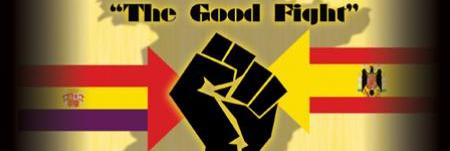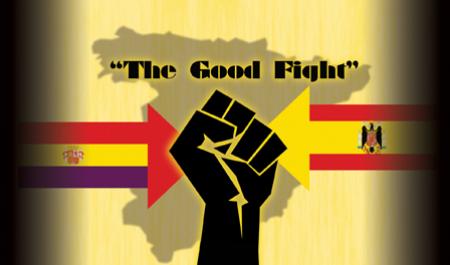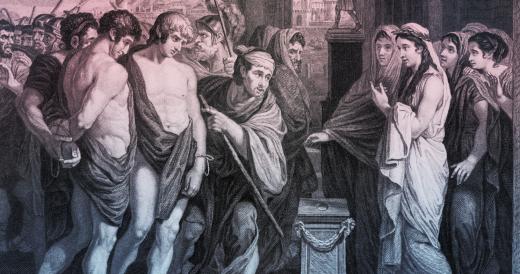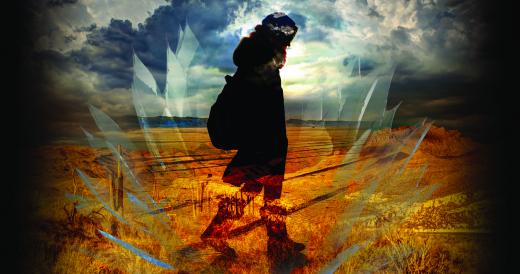Location:
The Spanish Civil War (1936-1939) or The Good Fight, as was it was commonly called on the left, was democracy's first major confrontation with fascism. Its indelible mark on Spain and on the international community is still felt today. This course will look at the war, its impact and rich international intellectual legacy. The examination of the war will begin with a consideration of it from the Spanish perspective, uncovering the deep tensions in Spanish society and politics that led up to the armed conflict. From there our analysis will move to the conflict's prosecution and the war's effects on Spanish civil society and on modern warfare. The Diaspora that took place in the wake of the war was one of the most significant in a continuing series of exiles unleashed by fratricidal conflicts around the globe and our study of the war will also take this into consideration. We will then look at the internationalization of the conflict as future adversaries in the Second World War took sides with either the duly elected republican government in Spain or the military insurgents led, eventually, by Francisco Franco. How Spain's turn from dictatorship to democracy became a model for democratic restoration around the world will conclude our historical analysis of the conflict and its results.
Our reading material will be drawn from some of classic studies of the Spanish society and the war including Gerald Brennan's The Spanish Labyrinth, and studies of the war and its aftermath by Hugh Thomas, Gabriel Jackson, Sir Raymond Carr and Paul Preston as well as Noam Chomsky’s seminal analysis of anarchism's key role in the war. We will tease out the international aspects of the war through an examination of Orwell's autobiographical reflections, Nolte’s compelling analysis of fascism and Rouse's study of the failed strategy of appeasement. From the moment the battle lines were drawn the Spanish Civil War galvanized the intellectual imagination of a vast array of international cultural creators including writers, film makers, visual artists and musicians. Our analysis of The Good Fight will necessarily be interspersed with a consideration of them and with a reflection on the unending tensions between art and politics. Among the works to be examined are Picasso’s Guernica and the British filmmaker Ken Loach’s Land and Freedom.
Required Reading:
Graham, Helen. The Spanish Civil War: A Very Short Introduction. Oxford: Oxford University Press, 2005. ISBN: 978-0-19-280377-1.







